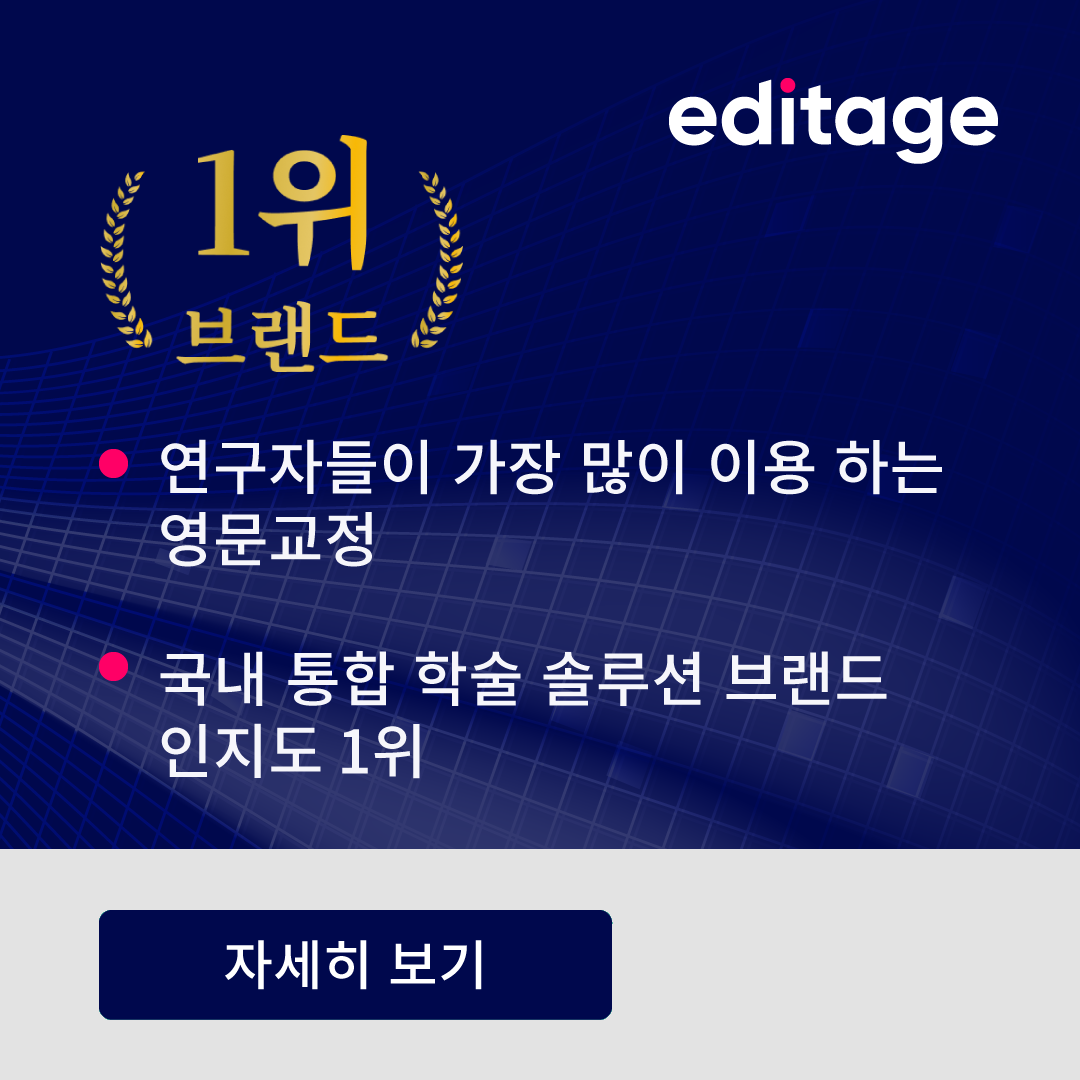The nature of research is such that you can’t be sure of what results you’ll receive, and this is often the thrilling challenge that researchers live for. Even disappointing results can be useful: they allow researchers to build on a previous study, with modified questions and methods. This may be the best way to eventually achieve a ground-breaking result.
Unfortunately though, in the present day, the pace of research is extremely fast and the pressure on scientists exceedingly high. I can easily understand how publishing your paper may increase your chances of getting promoted. However, it would be a mistake to exaggerate your results to make your conclusions stronger than the data indicates, only for the purpose of getting your paper published.
There are some serious consequences to exaggerating results. Will other scientists be able to replicate your study with the same outcomes? If your paper is published, but at a later point your study is found to be irreproducible, the credibility of your research will be questioned, and your paper may even be retracted. Moreover, if the media believes your study results to be ground-breaking and spreads them to the general public, physicians will start prescribing your herbal medicine to patients and possibly delay their treatment with a more suitable agent.
A recent study published in PLOS Medicine analyzed whether the press exaggerate the results of randomized clinical trials in order to generate a lot of hot news that allows lay people to think that scientists are making breakthroughs in research and finding new cures for diseases every day. Interestingly, the authors found that while most media releases seemed to exaggerate the results of these studies, the results were usually exaggerated in the abstracts of the original articles themselves.
In this study, “exaggeration of results” was defined as intentional or unintentional emphasis on the benefits of a treatment. The authors found this type of exaggeration to be more prevalent in papers from specialized journals than in those from more general journals. This study, published only about two weeks ago, has gained a lot of attention in the scientific and scholarly publishing communities, with articles about it being published in popular scientific newsletters like The Chronicle of Higher Education, The Scientist, and Scientific American.
With the release of this study and the subsequent reports about it, it is quite likely that journal editors and peer reviewers will now be more alert to cases of exaggerated results and may start rejecting papers in which this type of misrepresentation is suspected.










